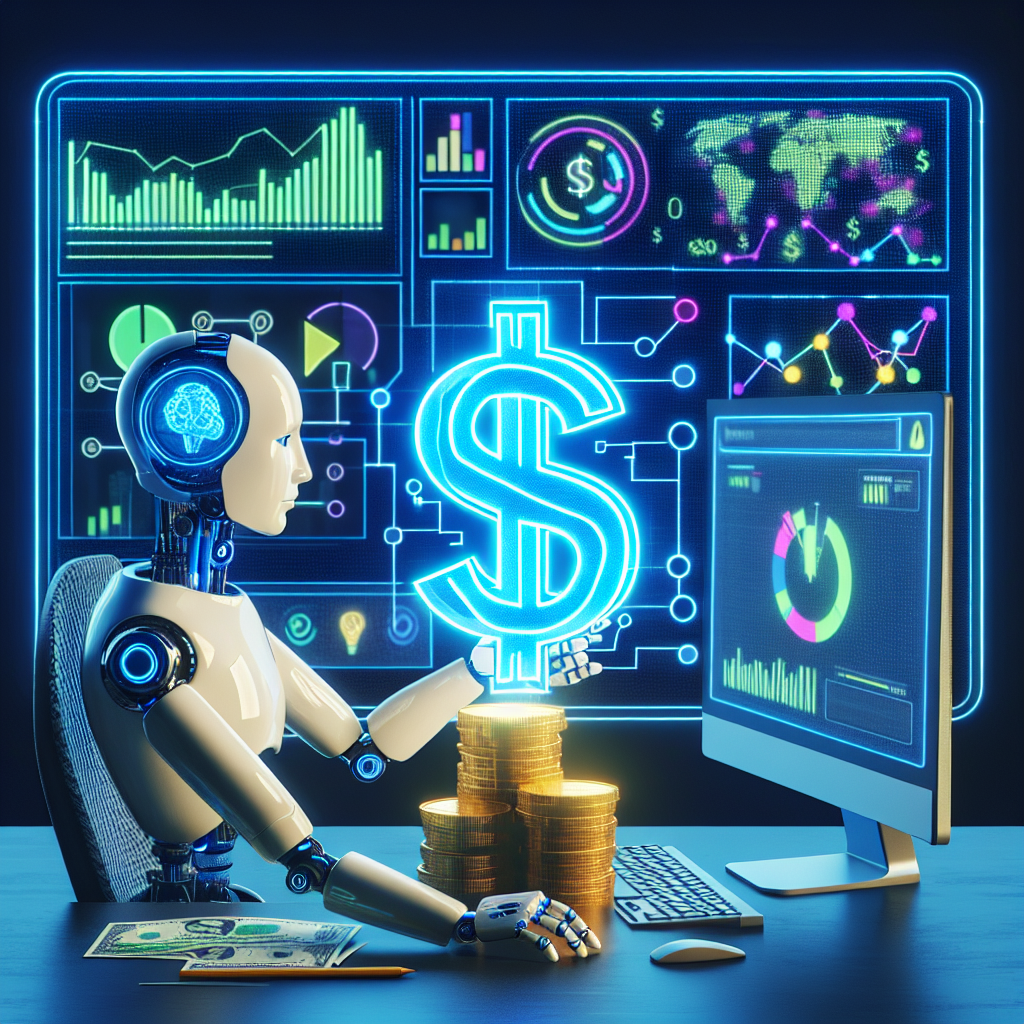Artificial Intelligence (AI) has revolutionized many industries, and the gaming sector is no exception. In recent years, AI has become an integral part of game monetization strategies, helping developers optimize their revenue streams and provide a more personalized gaming experience for players. In this article, we will explore how AI is being used in game monetization strategies and its impact on the gaming industry.
AI in Game Monetization Strategies
AI has the ability to analyze vast amounts of data in real-time, allowing game developers to better understand player behavior and preferences. This data-driven approach enables developers to create targeted marketing campaigns, optimize in-game advertisements, and offer personalized gaming experiences that drive player engagement and retention.
One of the key ways AI is being used in game monetization strategies is through dynamic pricing. AI algorithms analyze player data, such as spending habits and in-game behavior, to determine the optimal price point for in-game purchases. By adjusting prices based on player preferences and behavior, developers can maximize revenue while also providing a more personalized experience for players.
Another important application of AI in game monetization strategies is in-game advertising. AI algorithms can analyze player data to deliver targeted advertisements that are relevant to each player’s interests and preferences. This not only increases the effectiveness of in-game advertising but also enhances the overall gaming experience by providing players with relevant content.
AI is also being used to optimize game design and mechanics to maximize player engagement and retention. By analyzing player data, AI algorithms can identify patterns and trends in player behavior, allowing developers to make data-driven decisions about game design and mechanics. This helps developers create games that are more engaging and enjoyable for players, leading to increased player retention and revenue.
FAQs
Q: How does AI improve player engagement in games?
A: AI algorithms analyze player data to create personalized gaming experiences that cater to each player’s preferences and behavior. This includes dynamically adjusting pricing, delivering targeted advertisements, and optimizing game design and mechanics to maximize player engagement.
Q: How does AI impact game monetization strategies?
A: AI helps developers optimize revenue streams by analyzing player data to determine the optimal price point for in-game purchases, delivering targeted advertisements, and optimizing game design to maximize player engagement and retention.
Q: What are some examples of AI in game monetization strategies?
A: Examples of AI in game monetization strategies include dynamic pricing, targeted advertising, and personalized gaming experiences based on player data analysis.
Q: How can developers implement AI in their game monetization strategies?
A: Developers can implement AI in their game monetization strategies by partnering with AI technology providers, integrating AI algorithms into their game development process, and using AI tools to analyze player data and optimize revenue streams.
In conclusion, AI is playing a crucial role in game monetization strategies, helping developers optimize revenue streams, increase player engagement, and provide more personalized gaming experiences. By leveraging the power of AI, game developers can create games that are more engaging, profitable, and enjoyable for players. As AI technology continues to evolve, we can expect to see even more innovative uses of AI in game monetization strategies in the future.

